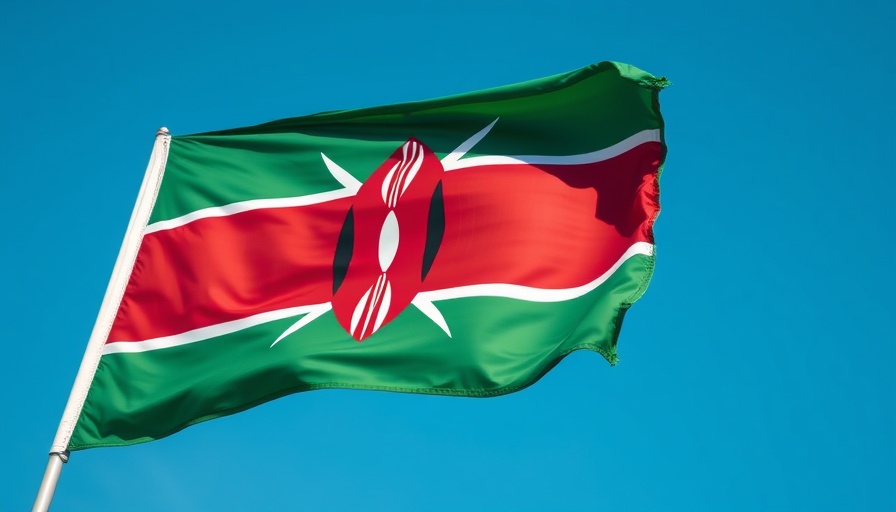
Extreme Weather and Its Devastating Impact on Vulnerable Populations
The recent study by researchers from the University of Toronto has illuminated a critical yet often overlooked connection between extreme weather events and increased HIV vulnerabilities among sex workers and sexually diverse men in Nairobi, Kenya. As these individuals face the compounding scars of social stigma and economic hardship, the challenges posed by climate change become exacerbated, pulling at the very fabric of their livelihoods.
Understanding the Link Between Climate and HIV Vulnerability
Extreme weather events—such as droughts and floods—can disrupt food and water supplies, pushing marginalized groups into precarious situations. The participants in the study indicated that the lack of basic resources intensifies their vulnerability to HIV. Increasingly, they find themselves resorting to transactional sex for survival, a choice often devoid of agency or the ability to negotiate safe sex practices.
Stigma in the Face of Survival: A Double-Edged Sword
Stigma plays a crucial role in amplifying the vulnerabilities of sex workers and gbMSM. The intersecting stigmas associated with their identities limit their access to resources and support. Participants shared stories where the stigma not only affected their self-perception but also led to economic precarity, worsening their reliance on risky coping strategies during times of resource scarcity.
Climate Change as a Catalyst for Sexual Violence
Longer travel distances due to water shortages heighten the risk of sexual violence for participants. Finding safe and reliable water sources has turned into a daunting task, forcing individuals into potentially unsafe situations. This health crisis underscores the urgent need to address climate-related resource strains and their direct link to increased risks.
Resilience and Community Action
Despite these challenges, there is hope rooted in community solidarity. Local organizations are stepping up, providing education and resources to help sex workers and gays, bisexual, and other men who have sex with men navigate these turbulent waters. Community-based interventions that address both the impacts of climate change and the stigma surrounding these populations are vital for improving overall health outcomes.
Strategizing for a Healthier Tomorrow
To effectively combat the interlinked challenges of climate change and HIV vulnerabilities, there is a pressing call for integrating health and wellness initiatives within policy dialogue. Solutions must include resource accessibility, direct support, and avenues for resilience building. Furthermore, creating awareness about alternative medicine and holistic approaches can foster better health outcomes, especially in marginalized communities.
Conclusion: An Urgent Call to Action
The interplay between extreme weather, HIV risks, and social stigma invites us to reevaluate our commitment to community health and wellness. Addressing these complex dynamics requires collective action and informed policy-making to mitigate their dire consequences. Community leaders, health professionals, and activists need to collaborate in advocating for sustained initiatives that provide support for vulnerable populations.
 Add Row
Add Row  Add
Add 




 Add Row
Add Row  Add
Add 


Write A Comment